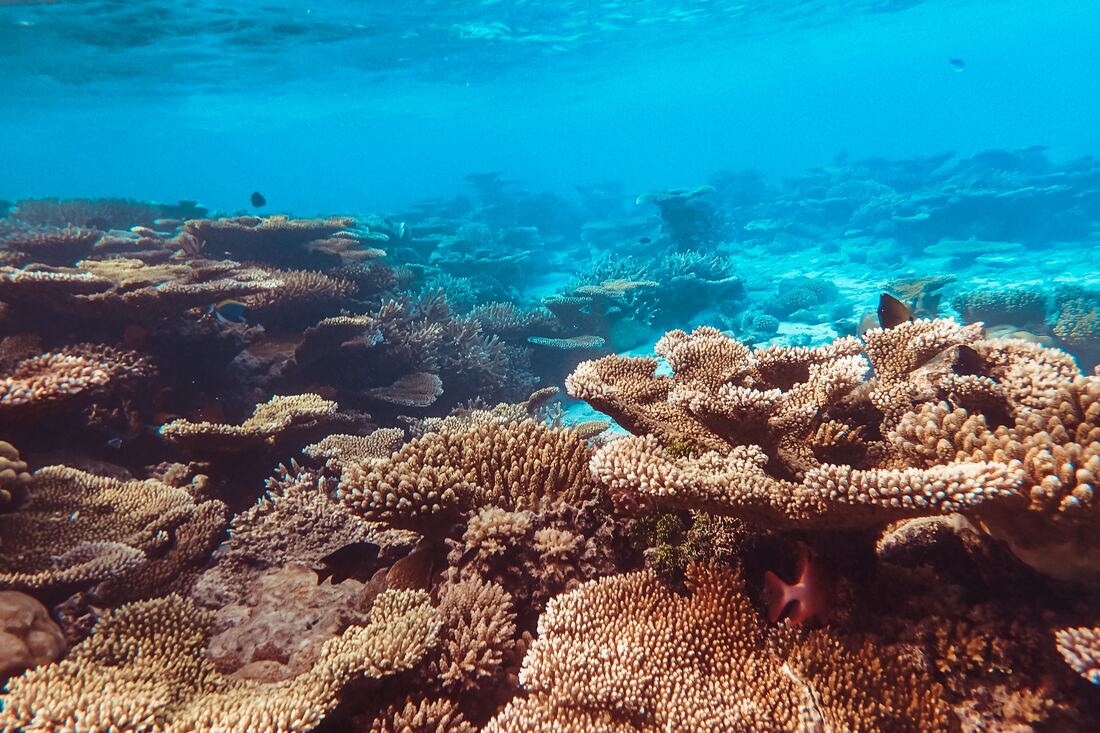|
Amidst the ongoing surge in record high temperatures that has gripped the nation, Florida's coral reefs have sustained significant impact. Multiple sources have reported a surge in coral reef bleaching events, reaching levels as high as 100% in some locations off the coasts of Florida.
"This is climate change in action," wrote the Coral Restoration Foundation, a Florida-based nonprofit dedicated to reef restoration, on their Twitter yesterday accompanied by several photos of the near-colorless Horseshoe Reef in the Florida Keys. "[...] we are now prepping for Phase Two of our coral rescue mission. This is only the beginning."
The record-high ocean temperatures are thought to be a major contributor to the recent bleaching events with temperatures recorded above 100 degrees Fahrenheit in many coastal areas of the state.
"When corals are stressed by changes in conditions such as temperature, light, or nutrients, they expel the symbiotic algae living in their tissues, causing them to turn completely white," the National Oceanic and Atmosphere Administration's (NOAA) official webpage on coral bleaching states. "If the stress-caused bleaching is not severe, coral have been known to recover. If the algae loss is prolonged and the stress continues, coral eventually dies." The millions of species of marine life that depend on Florida's 300+ miles of reefs are not the only ones feeling the heat. Industries that rely on fishing and tourism are especially effected by these major bleaching events. "Coral reefs are among the most biologically diverse and valuable ecosystems on Earth. An estimated 25 percent of all marine life, including over 4,000 species of fish, are dependent on coral reefs at some point in their life cycle. An estimated 1 billion people worldwide benefit from the many ecosystem services coral reefs provide including food, coastal protection, and income from tourism and fisheries," says the Environmental Protection Agency (EPA). While several conservation efforts are currently underway to protect Florida's reefs, water temperatures in Florida are still not expected to peak until later in the summer around August/September.
0 Comments
Your comment will be posted after it is approved.
Leave a Reply. |
CATEGORIES |
|
|
Vertical Divider
|
Can't get enough?Uncover more of Florida through our channels below!
|
© COPYRIGHT 2015. ALL RIGHTS RESERVED.


 RSS Feed
RSS Feed